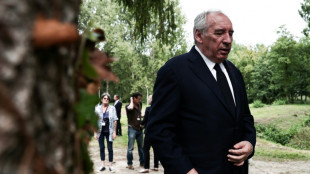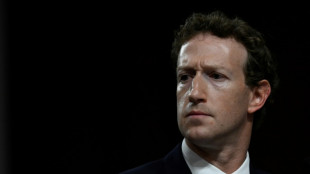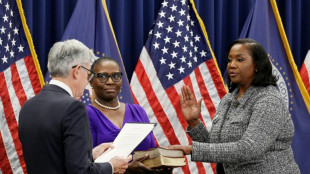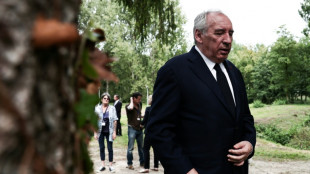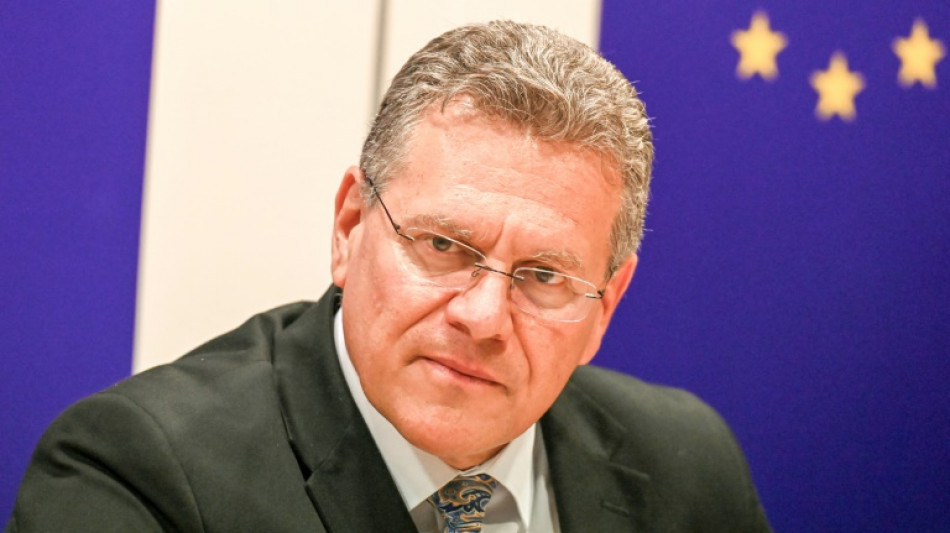
EU trade chief says accelerating free trade talks with Asia

The European Union is accelerating free trade talks with Asia following hefty tariffs by US President Donald Trump, the bloc's trade chief said Wednesday.
Trump has slapped a series of higher tariffs on Europe since March and in his biggest move, he imposed a 20-percent tariff on a majority of EU goods last month -- before announcing a 90-day pause that is due to expire in July.
Negotiations with Washington are a priority but such talks will not come "at any cost", EU Trade Commissioner Maros Sefcovic told reporters in Singapore.
"I would like to underscore that in today's geopolitical context, we are making sure that the EU is not putting all its eggs in one basket," he said.
"Bilaterally, we are accelerating the negotiations with Indonesia, the Philippines, Thailand and Malaysia," he said.
All four countries are key members of the 10-member Association of Southeast Asian Nations (ASEAN), a region of more than 650 million people.
"And we are also stepping up engagement with India. We just had another round of negotiations just last week," said Sefcovic.
He was speaking in Singapore after signing a digital trade agreement between the EU and the city-state on Wednesday.
"Our goal here is also very clear: to keep signing agreements and remain a reliable, trusted and predictable partner in a rapidly shifting global landscape," he said.
The commissioner said the EU is also looking at "potential enhanced cooperation" with members of the Comprehensive and Progressive Agreement for Trans-Pacific Partnership (CPTPP).
- Signs of 'de-escalation' -
The EU has a surplus of 154 billion euros ($175 billion) against the United States in goods trade, but is in deficit for 104 billion euros in services, Sefcovic said, citing data from the European Statistics Office.
This leaves the EU with a surplus of 50 billion euros, which can be rebalanced by buying more liquefied natural gas, soya beans and high-end computer chips from the United States, Sefcovic said.
Trump has said the deficit is several hundred billion dollars a year.
There is currently a "baseline" levy of 10 percent on goods from the 27-country EU and other nations around the world.
Negotiators are now seeking to avoid a full trade war if the higher tariffs come into force in July.
The EU will also be looking for signs of "de-escalation" when US and Chinese officials meet in Switzerland for tariff talks this weekend, the commissioner said.
Trump has imposed tariffs totalling 145 percent on goods from China.
Beijing has retaliated with 125 percent levies on imports from the United States.
L.Girard--SMC


 London
London

 Manchester
Manchester
 Glasgow
Glasgow
 Dublin
Dublin
 Belfast
Belfast
 Washington
Washington
 Denver
Denver
 Atlanta
Atlanta
 Dallas
Dallas
 Houston Texas
Houston Texas
 New Orleans
New Orleans
 El Paso
El Paso
 Phoenix
Phoenix
 Los Angeles
Los Angeles
